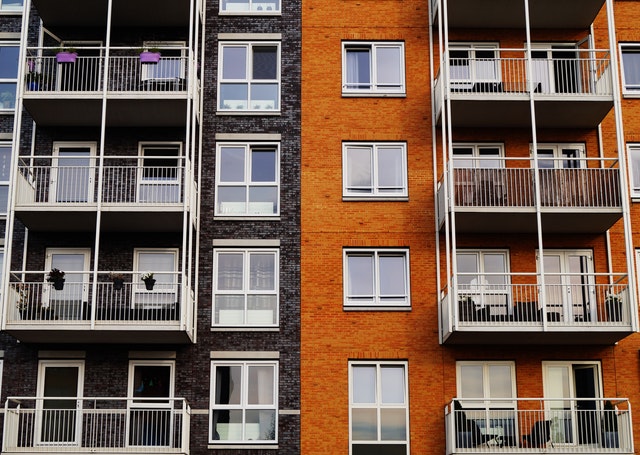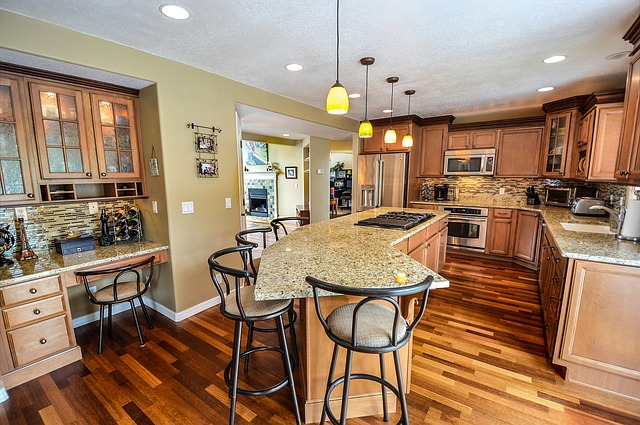Case-Shiller Home Price Growth Slower in January
 Home price indices issued by S&P Case-Shiller showed further slowing in home price growth in January. The national home price index showed 4.30 percent home price growth for the three months ended in January. Analysts expected home prices to grow 4.20 percent for the same period in cities surveyed by Case-Shiller. More cities reported declines in home prices than those that posted gains in home prices.
Home price indices issued by S&P Case-Shiller showed further slowing in home price growth in January. The national home price index showed 4.30 percent home price growth for the three months ended in January. Analysts expected home prices to grow 4.20 percent for the same period in cities surveyed by Case-Shiller. More cities reported declines in home prices than those that posted gains in home prices.
The top cities posting year-over-year home price gains in the 20-City Home Price Index were Las Vegas, Nevada with 10.50 percent growth; Phoenix, Arizona posted a year-over-year home price gain of 7.50 percent. Three cities tied for third place with Charlotte, North Carolina, Minneapolis, Minnesota and Tampa, Florida posting year-over-year home price growth rates of 5.10 percent.
Home Price Growth Stalls Throughout U.S.
Noteworthy in January’s readings were the West Coast’s loss of dominance in home price growth rates and the retreat of double-digit yearly growth rates for home prices. Las Vegas, Nevada posted the only double-digit price gain year-over-year, but it suffered steep declines in home values during the recession. The 20-City HPI for January showed month-to-month home price growth slowed in 14 cities, was unchanged in one city and five cities posted gains in home price growth rates.
David M. Blitzer, managing director and chair of the S&P Case-Shiller Index Committee, said that the home prices had not grown so slowly since April 2015. Rapidly rising home prices sidelined many buyers who could not afford to keep up with home prices that rose faster than inflation and wages. Analysts said that housing markets were leaning in favor of home buyers as home price growth slowed. Mr. Blitzer said that it “remains to be seen if recent low mortgage rates and smaller price gains can sustain improved home sales.”
Federal Reserve policymakers recently announced that the Fed would hold steady on its target federal funds rate range of 2.25 to 2.50 percent; this fueled a drop in mortgage rates. Analysts said that rates could continue to fall. Slower home price growth and lower mortgage rates are expected to encourage would-be home buyers back into the market.
If you are interested in purchasing a new property or refinancing your current property, be sure to contact your trusted home mortgage professional to discuss financing options.

 Real estate isn’t a one-size-fits-all pursuit. Buying and renting multi-unit properties is one of the ways investors build residual income while increasing their property portfolios. However, multi-unit rentals come with some unique challenges. Are you ready to manage a multi-unit rental property?
Real estate isn’t a one-size-fits-all pursuit. Buying and renting multi-unit properties is one of the ways investors build residual income while increasing their property portfolios. However, multi-unit rentals come with some unique challenges. Are you ready to manage a multi-unit rental property? Your home is likely your largest investment. Beyond repairs and regular maintenance to keep it clean, comfortable, and safe, there are a number of projects that can increase the resale value of your property. These renovations top the list of changes you can make that positively impact your home’s value.
Your home is likely your largest investment. Beyond repairs and regular maintenance to keep it clean, comfortable, and safe, there are a number of projects that can increase the resale value of your property. These renovations top the list of changes you can make that positively impact your home’s value.